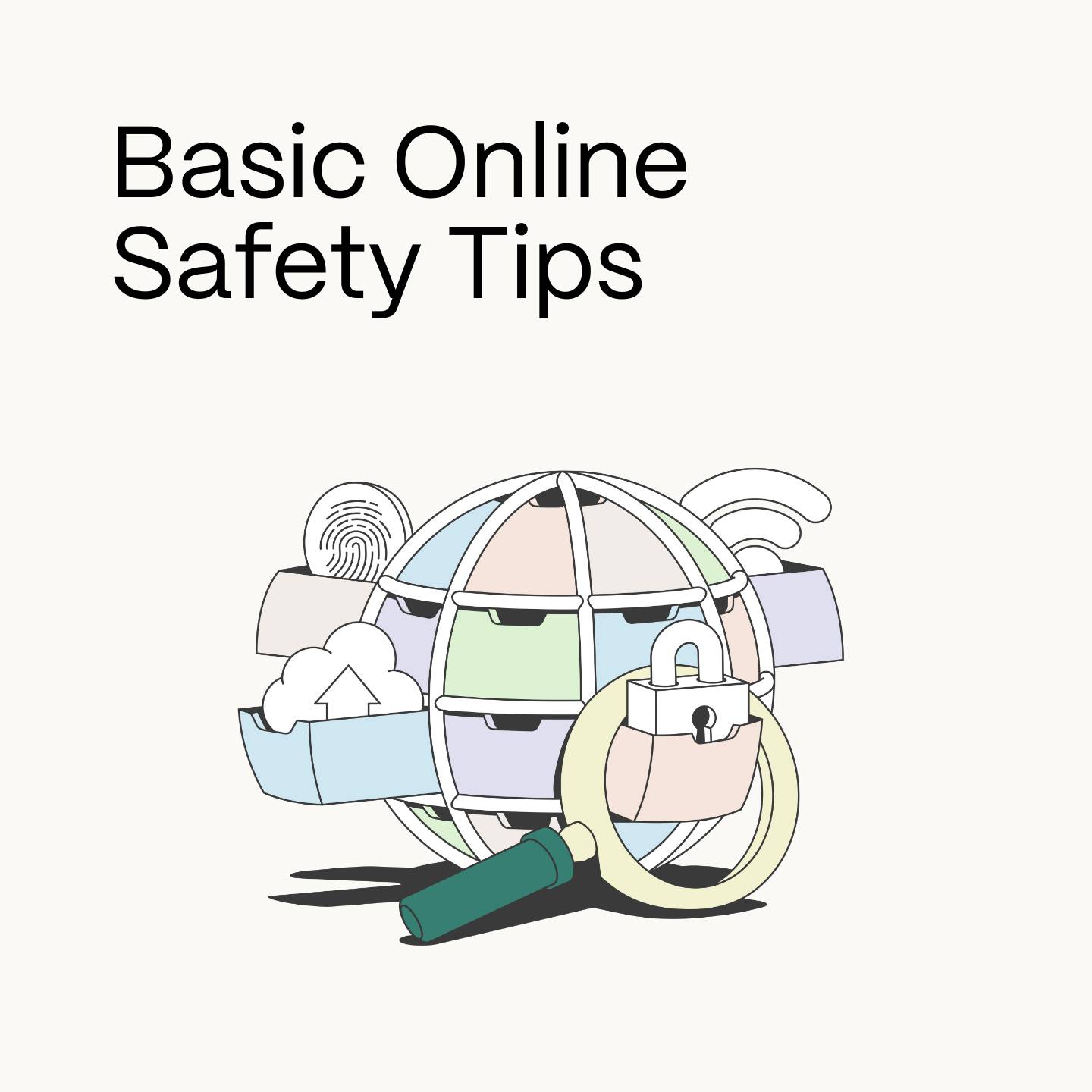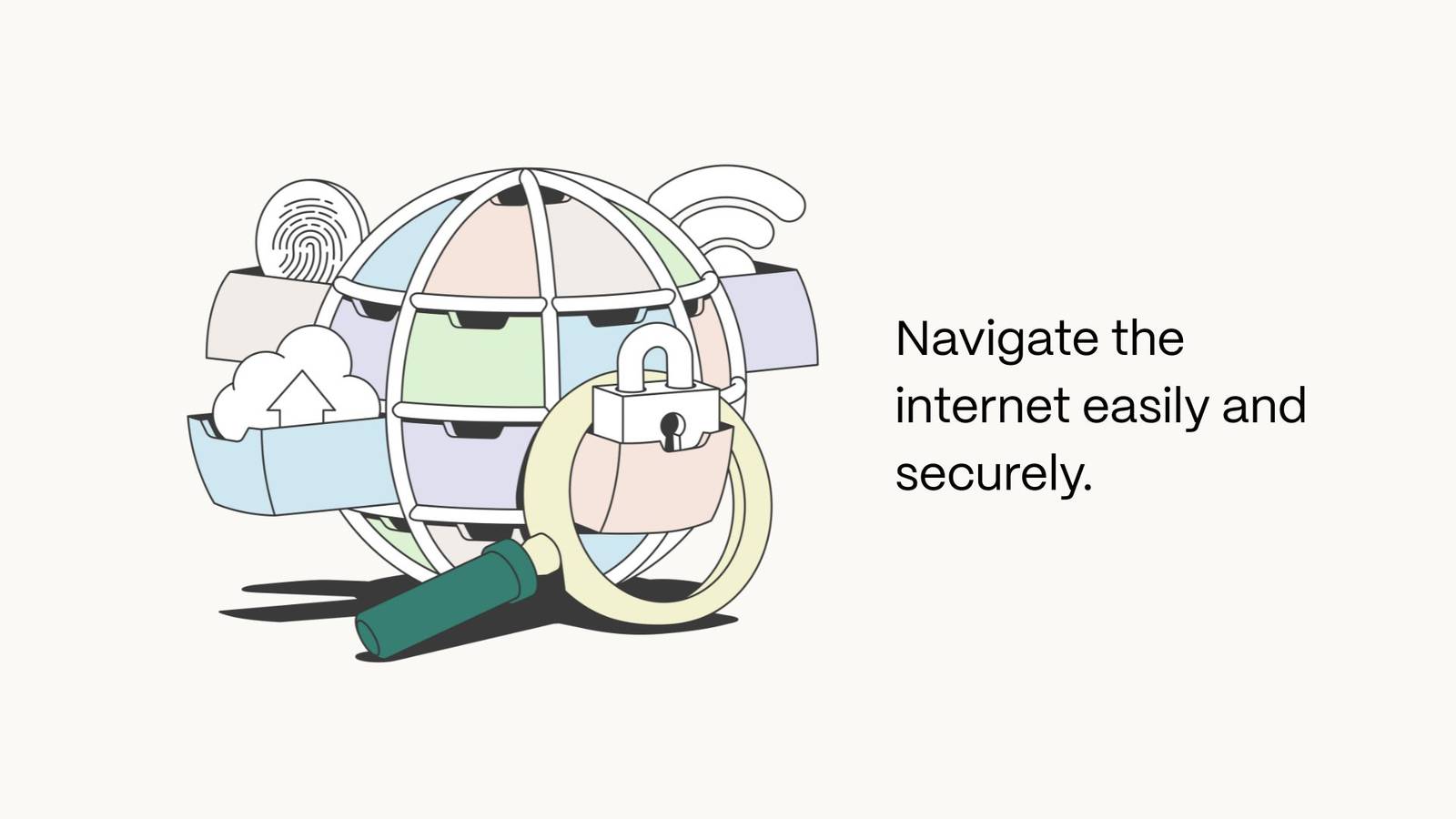Safe and secure on the internet
Why is digital resilience important?
Digital resilience means being able to protect yourself against online fraud and knowing what to do if you become a victim. Anyone can fall victim to online crime. That’s why it’s important to understand how criminals operate and where to go for help if, for example, your money or personal information has been stolen.

With these five basic tips, you’ll be better protected against online fraud. These are easy steps you can apply yourself. Use strong passwords for your apps and accounts, keep your software up to date, and make regular backups of your photos and files. Also, know when it’s safe to click on a link.
________________________________________________________________________________________________
Online Fraud: awareness and prevention
Online crime can take many forms. Devices and accounts can be hacked, websites may be fake, or your personal data and money can be stolen through malicious links. That’s why it’s important to stay alert and handle your information securely.
A common form of fraud is phishing.
- Phishing is a type of cybercrime in which criminals send you a message in an attempt to steal your login credentials, credit card information, PIN codes, or other personal data.
Sometimes, criminals pretend to be someone else. Using fake accounts, they try to gain your trust — or act as if they are someone you know.
For example: "Hi Dad, I have a problem! Can you quickly transfer some money to help me out?"
What to do?
- Always call the number you have saved yourself to verify whether the message is real.
- Did you receive a link and something feels off? Always check the sender and the URL before clicking.
Have you become a victim? It can happen to anyone. That’s why it’s important to report it to the police and file an official complaint if your data or money has been stolen.
You can report this to the Dutch Caribbean Police Force (KPCN).
________________________________________________________________________________________________
Wifi
Safe use of wifi
You can access the internet on your smartphone using mobile data or wifi. At home, wifi is usually secured, but in public places, this is not always the case. If criminals hack a public wifi network, they may also gain access to the devices connected to it. So be careful about which apps and data you open when using public wifi.
It is safer to use your mobile data (4G or 5G). You turn your phone into a hotspot and use data from your mobile plan. This does cost money, but it is much safer than using a public wifi network.
Using a VPN
A Virtual Private Network (VPN) creates a secured connection between your device and the internet. With a VPN, criminal hackers cannot gain acces to your personal data. Installing a VPN can costmoney, but there are many VPN providers you can choose from. Do some research and find one that suits your needs.
Using public wifi
If you choose to use a public wifi network, be careful about the apps or information that you open. Avoid online banking or any activities that involve personal data or login credentials. If you do access such services, don’t save passwords or login details on your device, and make sure to clear your browsing history and cookies afterwards.
________________________________________________________________________________________________
Privacy | Privacidad
Your privacy
You can manage privacy settings on your devices and apps. This includes things like sharing your location or giving access to certain types of data. Privacy also involves what you choose to share yourself, for example on social media.
You can adjust your privacy settings in your smartphone’s settings. There, you decide what information apps can access.
Many apps also have their own privacy settings — for example, who can see your messages and photos, or whether your location is visible.
